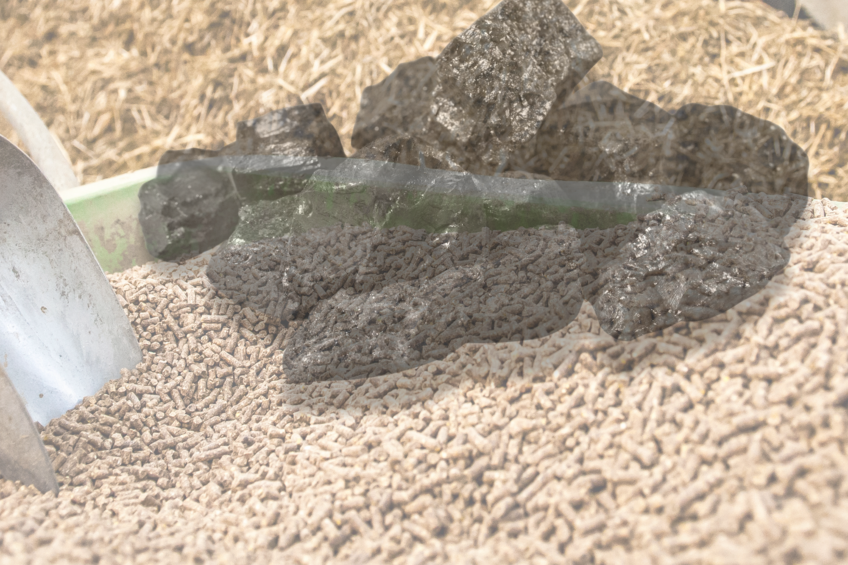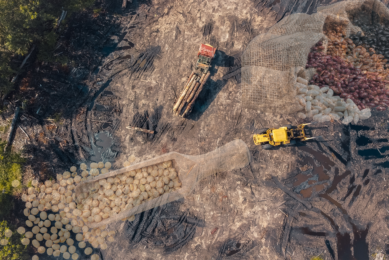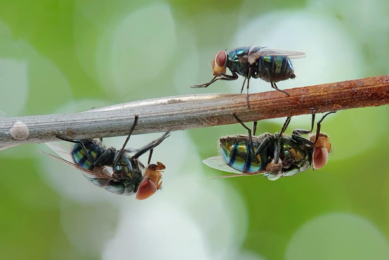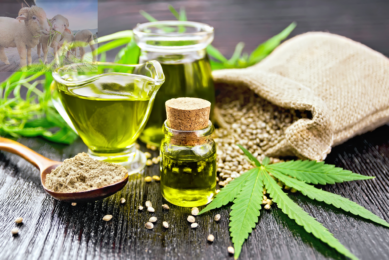Coal-based protein: A sustainable solution for animal feed

Moves to turn coal-derived methanol into a more sustainable protein source for use in the animal feed sector have been boosted thanks to funding from the Bill and Melinda Gates Foundation.
The US$1.7 million grant has gone to University of Alberta residents who are working with a start-up to get an edible coal-derived protein into the marketplace, replacing less eco-friendly animal feed ingredients.
Single cell protein technology has many benefits that could redefine the face of agriculture in Canada. It’s an opportunity to produce a much more sustainable ingredient that is less expensive to make, has a much smaller carbon footprint and is scalable to production.”
– David Bressler, lead researcher
Reviving single cell protein (SCP) technology
The Canadian research is being led by the Faculty of Agricultural, Life and Environmental Sciences, who are working with Cvictus, on improving the technology needed to make single cell protein (SCP). Their collaboration resurrects technology first developed and approved 4 decades ago in Europe.
Game changer for agriculture
SCP is a nutrient-rich, low-cost substitute for fish meal and soybean meal, and lead researcher David Bressler believes it could be a “game-changer” in several ways.
“Single cell protein technology has many benefits that could redefine the face of agriculture in Canada. It’s an opportunity to produce a much more sustainable ingredient that is less expensive to make, has a much smaller carbon footprint and is scalable to production.”
Innovative process for protein production
Using a patented process, Cvictus is focussed on extracting hydrogen from deep coal seams without mining, converting it to produce clean methanol and then, making SCP for use in livestock feed. The leftover carbon is then captured and sequestrated back underground.
Brett Wilcox, Cvictus chief executive officer, said: “Alberts has massive energy resources, so by turning those hydrocarbon resources into protein, the potential is there to supply most of the animal feed market in Canada and the world.”
The SCP is derived from methanol drawn from hydrogen and carbon in the coal. Bacteria are grown on the methanol that are then harvested, dried and processed into livestock feed.
Environmental benefits of SCP
Wilcox said that as well as being more nutrient rich, SCP was better for the environment than the intensive operations needed to produce soybean meal.
“The world has lost about half of its forest cover, almost all for agriculture, with 77% of that land being used to grow animal feed and forage, so using SCP reduces that footprint, with massive environmental benefits. The only way to remove a high amount of CO2 from the atmosphere relatively quickly and at a large scale is mass reforestation,” he added.
Building on past research
The fermentation method being developed improves on a bacteria that was first isolated and commercialised in the UK by a former British chemical company in the 1970s and 1980s. At that time, SCP created from that process was certified and mass produced for livestock feed in Europe, but was sidelined by high methanol prices.
Bressler said: “We want to get the highest conversion rates of methanol to high-value protein with the best amino acid composition possible.”
Livestock feed trials underway
With the help of the Gates Foundation grant, the product is now being tested by Zijlstra in livestock feed trials. Production is being scaled up to make hundreds of kilograms of the powdered SCP, which will then be blended into pig and poultry feed over the next 2 years.
“If SCP is found to be a valuable and safe ingredient to include in feed, particularly for animals with high nutritional demands, that will be a win,” added Bressler.











